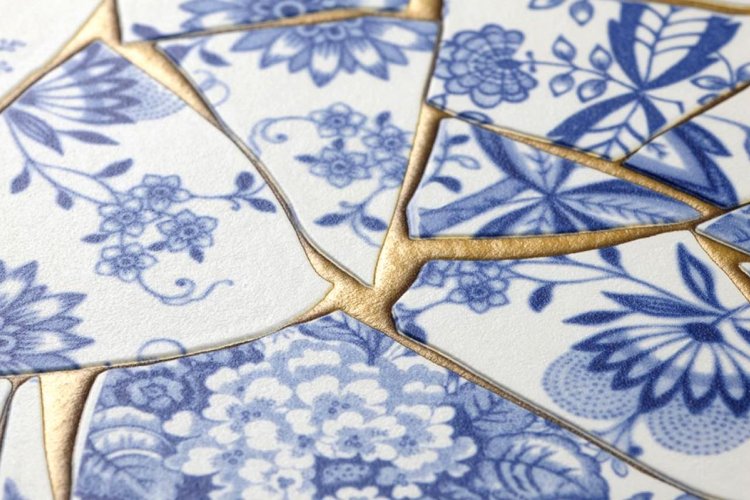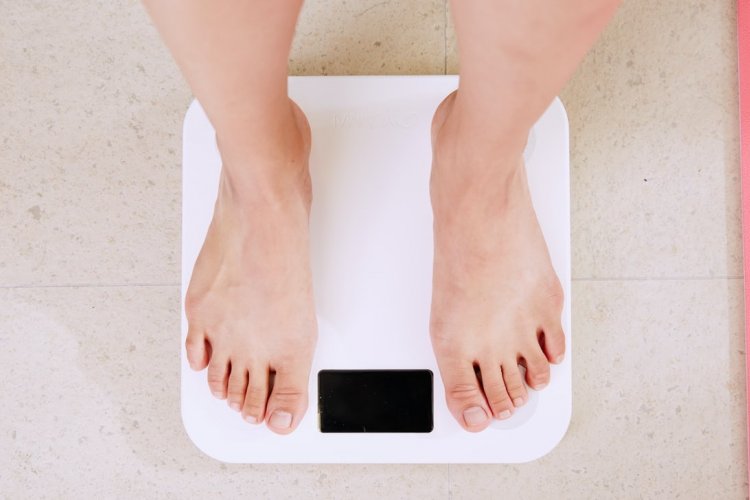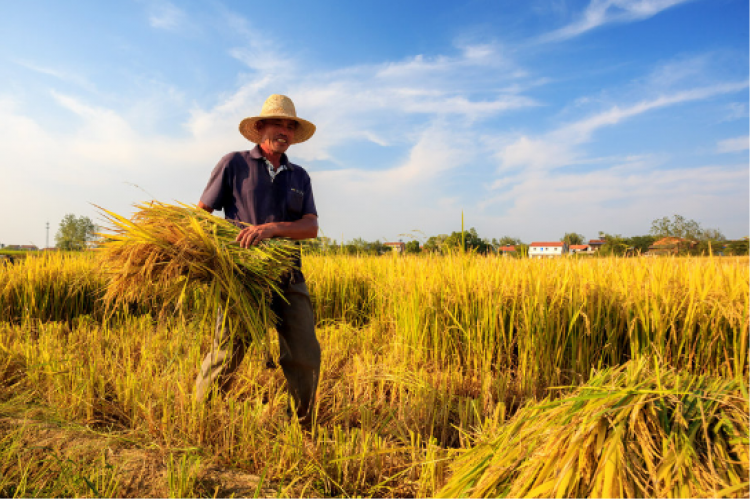Traditional Chinese Manners: How Well Do You Know Them?
Dining out in Beijing's packed local restaurants have given many of us the impression that there's a distinct lack of social graces associated with eating around these parts. However, China does have its set of traditional rules, some of which are upheld as holy scripture while others seem to have fallen by the wayside somewhere along the line.
A set of images describing traditional Chinese manners -- mostly related to dining -- has been recently making the rounds via Chinese social media. There's no particular origin sited for these manners, nor an explanation for why most revolve around the dinner table. However, there's no arguments from netizens that these are traditional values that deserve upholding, and many expressed surprise that they had never been taught these things when they were young.
So suffice it to say the next time an uncouth diner is slurping his soup next to you, you ain't alone in lamenting the loss of manners.
The original post was allegedly posted by well-known, old-timey Cross-Talk celebrity Guo Degang on his Weibo account, then illustrated by Xinhua with the images below.
Some of these rules seem like old saws even to foreigners (who hasn't heard the one about chopsticks in the rice bowl?) -- but others may be news to you: No hands under the table, no asking if there is any food left, and no sitting cross-legged. Yet others of these rules to be all but universally ignored (doesn't just about everyone pound frantically on doors and slurp their soup?)
How many of these are you familiar with? And how many do you see obeyed when dining out or in a Chinese friend's home?
Here they are, in no particular order:
1. Chopsticks should never be stood upright inside a rice bowl as illustrated, as it makes it look like an incense burner that is used to honor the deceased.
2. Don't tap your chopsticks on your rice bowl or other dinnerware, as it makes you look like a beggar.
3. When knocking on a door, rap once, then rap twice. Pounding on the door urgently is for reporting the death of a loved one.
4. Guests wanting second helpings must never ask "Is there any food left?" (还有饭吗 hai you fan ma?) for fear of suggesting there isn't enough food; this may also cause the meal's host to lose face for forgetting to keep their guest's bowls filled. (Guests can insinuate they want more food by saying something like, "That is a very delicious dish.")
5. Once you sit down to eat, you should never change seats. Running around with a bowl of food in your hands makes you look like a beggar.
6. Children should wait for adults to start before beginning to eat.
7. The eldest should always be seated at the head of the table and should sit down first. In most cases, married couples should sit next to one another.
8. Children should be pampered and can sit next to the elderly, but they should not be placed in a more honorable position at the table than their elders.
9. Never slurp your soup or smack your lips, and chew with your mouth closed.
10. Hold your bowl with one hand when eating, and it is absolutely forbidden to have one hand under the table.
11. Don't sit cross legged, don't hum or whistle, don't squint at others, and don't shake your legs or tap your feet
12. When handing a pair of scissors to someone, always present the handle to them first.
Images: Xinhua, via Sina.com
Related stories :
Comments
New comments are displayed first.Comments
![]() admin
Submitted by Guest on Sun, 12/22/2013 - 07:27 Permalink
admin
Submitted by Guest on Sun, 12/22/2013 - 07:27 Permalink
Re: Traditional Chinese Manners: How Well Do You Know Them?
The only one that surprises me is the one about slurping soup.
I've always been told that this is actually encouraged in Chinese culture, something either about that's the best way to enjoy the flavor of things (kinda how wine snobs will gargle their wine in their mouths to aerate it) or that slurping shows your hearty appetite and appreciation of the soup's flavor and hence is flattering to the chef/host
Validate your mobile phone number to post comments.






